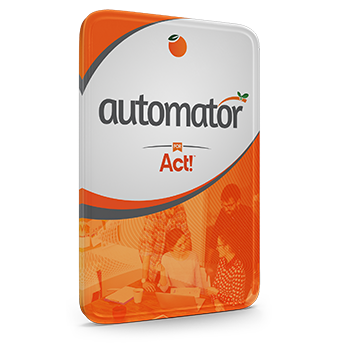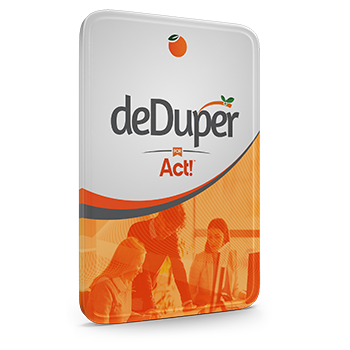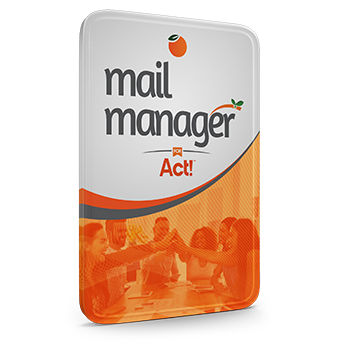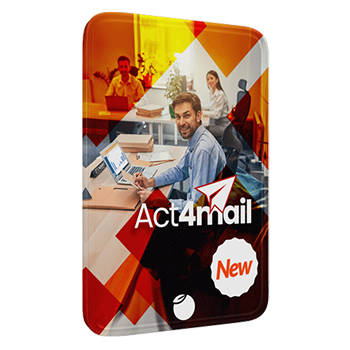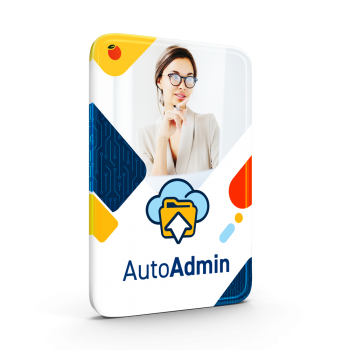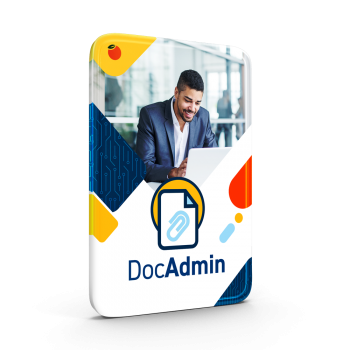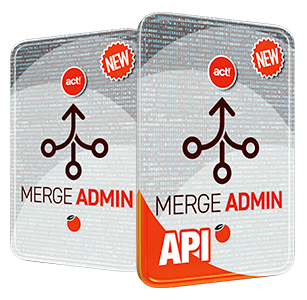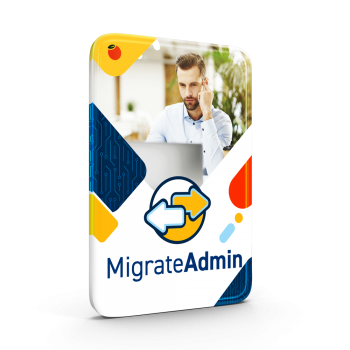Many small businesses and startups often share CRM (Customer Relationship Management) user logins as a cost-cutting measure. At first glance, it seems like a harmless way to save on subscription fees. But beneath the surface, this practice can quietly erode your business’s efficiency, data integrity, employee adoption, and even customer trust.
Let’s break down why sharing CRM logins is a false economy—and how it can end up costing you far more than you save.
1. Loss of Accountability and Transparency
CRMs track user activity, including who contacted a client, when, and the topics discussed. When multiple people use the same login:
- Business owners lose the ability to track individual performance and activity.
- Employee mistakes become harder to trace and fix.
- It’s impossible to hold the right person accountable for good deeds or bad.
- Customer follow-ups may get missed as users may think those tasks are scheduled for others, or completed and not cleared.
This lack of transparency can lead to miscommunication, missed follow-ups, and a breakdown in customer relationships.
2. Compromised Data Integrity
When multiple users access a shared account,
- Notes, Histories, and Activities become challenging to parse by author, making most CRM reporting inaccurate and unusable.
- KPI's become worthless since you cannot distinguish one person's work from another's. This makes it impossible to reward good behavior or intervene in cases of bad behavior.
- Most CRM's have change logging to track who is updating what. This feature would yield little insights if most of the data appears to be edited by the same person.
Bad data leads to bad decisions, which can directly impact sales, marketing, and customer service efforts.
3. Features and Personalization
Most CRMs offer user-specific features like:
- Custom dashboards that show users specific data must be ignored.
- Task assignments and Calendars cannot be reliably used since users cannot distinguish which activities are theirs.
- Sales Opportunities cannot be used since users cannot parse their deals from others.
- User-related workflows, like normal follow-up automation steps, would be unavailable.
Sharing a login means you miss out on these powerful tools. Instead of streamlining your workflow, you’re creating bottlenecks and inefficiencies.
4. Security Risks and Compliance Issues
Shared logins pose a significant security risk.
- You can’t track who accessed what, when, and how.
- If someone leaves the company, you must change the password immediately—often disrupting others.
- You may violate data protection regulations like GDPR or HIPAA.
- You cannot control user access to any data.
- In smaller user teams, you may be forced to assign higher permissions to other users than you would normally because Admin accounts may get shared. This may give untrained users the ability to delete mass amounts of data. My father would say "give a monkey a gun, don't complain about the mess".
- You also lose the ability to restrict the exporting of mass amounts of data, inviting potential security breaches with new users.
A single breach could cost you far more than a few extra user licenses.
5. Poor User Experience and Productivity
When multiple people are logged into the same account:
- Sessions can conflict or time out.
- Users may overlook notifications and alerts to meetings, or avoid using scheduling features altogether
- Users waste time navigating a cluttered, non-personalized interface.
- Many core features, like the ones covered in #4, will fall into disuse, providing you a lower overall return on your CRM investment
- Add-ons like mobility tools, quoting & reporting solutions, marketing and automation features all leverage user-related data, all of which are unavailable to users sharing a login
- Being unable to use features like the calendar and sales pipelines may force users sharing a login to resort to other solutions like MS Outlook and Excel to perform these basic tasks, which will likely take more time and dilute the CRM data.
Compromising the user experience for everyone to save on a few user fees is folly. This leads to frustration, lower productivity, reduced user adoption, and ultimately, lost revenue.
6. Vendor Support Limitations
CRM vendors often provide support based on user accounts. If you’re sharing logins:
- Support may be limited or denied by CRM publishers or resellers, especially when enhanced support is billed per user. Please be aware that vendors may not be able to support the program if it is not used as intended.
- Diminished user experience reduces the effectiveness of training and onboarding.
You are essentially paying for a tool that you cannot fully utilize or receive support for, all in an attempt to save a few dollars. The costs you're putting at risk are often much higher than the ones you're trying to save.
The Bottom Line
While sharing CRM logins might save you a few dollars each month, the hidden costs—in lost productivity, poor data quality, security risks, and missed opportunities—can be staggering. Saving a few dollars per year at the expense of the overall CRM investment is what our parents would describe as "penny-wise and pound-stupid".
Invest in the appropriate number of user licenses for your team, and support their productive use of this powerful marketing, sales, and productivity software.




